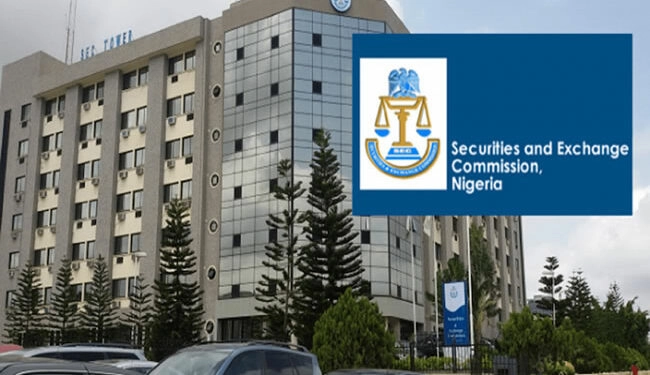By Chinwendu Obienyi and Chukwuma Umeorah
Market operators in Nigeria have expressed support for the Securities and Exchange Commissions (SEC) decision to transition the equities market to a T+2 settlement cycle, effective November 28, 2025.
This move, they said, is seen as a significant step toward enhancing market efficiency and aligning with international standards.
The Commission in a June 3, 2025, notice to the market, revealed that following a comprehensive review and extensive stakeholder engagement, the Nigerian equities market will adopt a T+2 settlement cycle, where transactions are settled two business days after the trade date, starting November 28, 2025.
SEC said, This connotes that transactions for November 28, 2025 would be settled via a T+2 cycle. The Commission expects this migration to have a significant impact on the profile of the Nigerian capital market by enabling improved liquidity, risk mitigation and global alignment.
All market participants, including brokers, dealers, and custodians, are required to update their systems and processes to ensure the effective implementation of the new settlement cycle. Investors are advised to consult with their brokers and investment advisers to understand how the new settlement cycle may impact their transactions and investment strategies.
The commission assured stakeholders that it is working closely with market infrastructures and operators to ensure a smooth transition. According to the SEC, technical working groups and pilot testing frameworks have already been put in place to address potential hiccups before the November deadline.
In response to the announcement, stakeholders including brokers, institutional investors, and analysts, have expressed support for the move, citing several anticipated benefits.
Chief Executive Officer, Crane Securities, Mike Eze, stated that this shift marks a crucial milestone in the ongoing modernization of Nigerias financial markets and could serve as a foundation for broader structural reforms in the capital market.
I saw the announcement and I am extremely happy that the SEC under the leadership of Dr Agama is doing its best to reposition Nigerias capital market on the global map.
This move will no doubt attract more foreign investments due to the fact that settlement timelines will be faster and more predictable. Right, we all have to upgrade our infrastructure which the SEC has ordered, Eze said.
Echoing the same sentiment, a senior capital market analyst, Ifeoma Nwankwo, said, This is a long-awaited reform that brings Nigeria in line with international best practices. A T+2 cycle is already standard in most developed markets, and this move signals to both local and foreign investors that Nigeria is serious about improving market infrastructure.
However, some operators have also emphasized the need for a well-coordinated implementation strategy. They cautioned that without adequate system upgrades and training for market participants, the transition could face early teething problems.
It will be recalled that the Chairman, Association of Securities Dealing Houses of Nigeria (ASHON), Sam Onukwue had on Tuesday, expressed caution, stating that brokers and dealers might require more time to fully internalize some of the commissions initiatives under the new Investment and Securities Act (ISA).
According to him, market operators may struggle with the new ISA 2025 act especially on the ones that are related to digital assets, fintech and regulatory compliance.
With this reform, the Nigerian capital market moves one step closer to becoming more globally competitive. For investors and institutions looking for speed, safety, and standardization, the T+2 migration offers a strong signal of Nigerias commitment to capital market development and economic modernisation.





